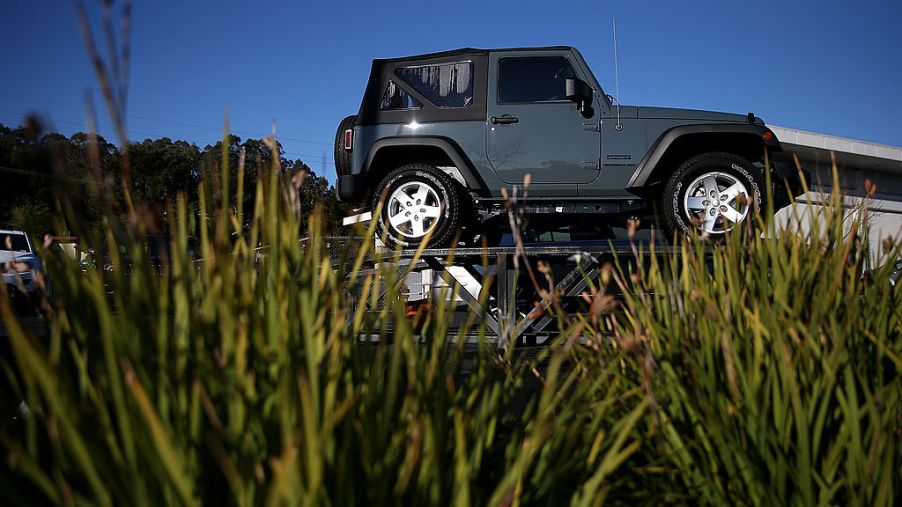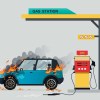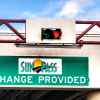
How to Prepare for a Road Trip During the Coronavirus
Right now it seems like we are doing this balancing act of returning to a sense of normalcy in our lives while still taking COVID-19 safety precautions seriously. Summer of 2020 will obviously be unusual with people flying less and others willing to drive a little more. Fortunately, road tripping is not officially out of the question. To help you prepare for your next road trip, we’ve gathered a few tips based on Consumer Reports research and CDC recommendations.
Planning for your trip
Things are constantly changing amid the coronavirus pandemic. Because of this, businesses, as well as state parks, might not be open like they typically would be. To prevent a wasted trip ‐ make sure that you call ahead or research online to see if your destination will actually be open or if there are any travel restrictions. And speaking of restrictions, many local governments require that people wear masks in public, so don’t forget to pack those, as well as your hand sanitizer.
Map out your stops
It’s always helpful to plan out your stops ahead of time before you actually get on the road. Try and stop for gas or any other pit stops early and often, fr not at the last minute. CR also recommends bringing plenty of paper products and disinfects since many stores are still experiencing shortages. Remember to wash your hands frequently too, and use a hand wipe or your hand sanitizer after touching public surfaces like door handles or the gas tanks.
Pre-trip car care
Since most of your time will likely be in the car, you will want to make sure that it’s primed and ready for your excursion. You will want to check all your fluid levels, including the oil, brake, coolant, and windshield wiper fluids.
It’s also important to check your power-steering and transmission levels too especially if you’re preparing for a long trip. The next series of items you will want to check will be your car battery, tires, windshield wipers, headlights, and taillights. But if you don’t feel comfortable with checking each of these areas, you can always make a service appointment with your local technician.
Packing your car
As you’re packing for your next trip, keep your car’s weight limits in mind. Your car’s weight limits are documented in your owner’s manual and in the door jamb. The number you see accounts for both cargo and passengers. You’d be surprised how quickly your car can fill up.
And if you have an SUV, CR especially recommends that you place your heavy items lower in your trunk. Doing so will maintain your vehicle’s center of gravity as well as help to prevent the possibility of rolling over. Placing heavier items on top can also be really dangerous when making a sudden stop or getting into an accident.
If you are carrying heavier items, it might also be worth looking into a roof cargo carrier to cut down on your fuel economy. Additionally, remember to pack your emergency kit in case of family emergencies or car issues. Above all else, remember to stay safe and enjoy yourself.


